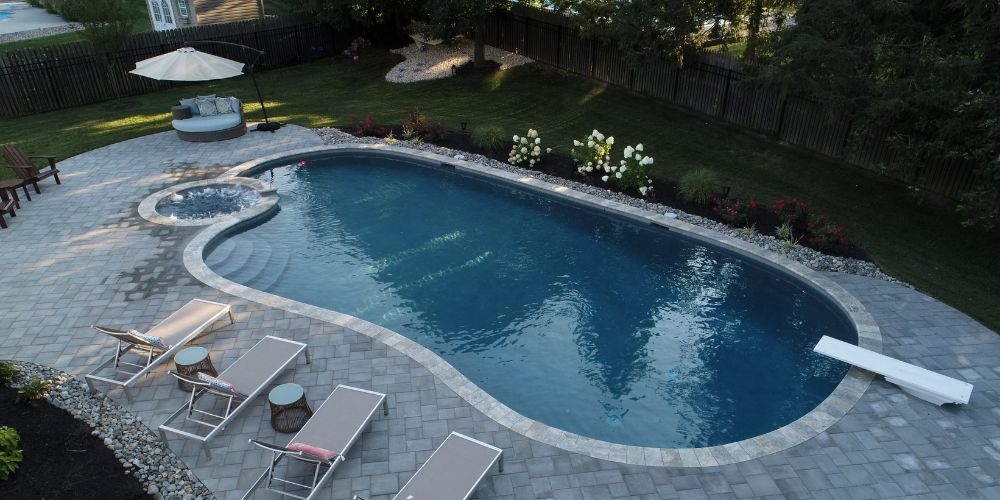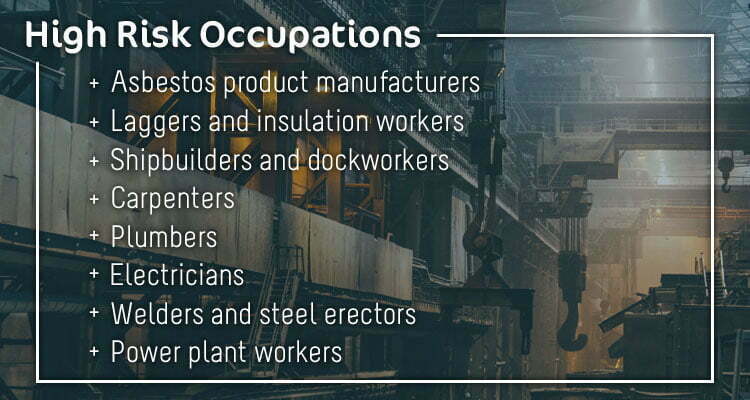As energy costs continue to rise, more and more homeowners are seeking alternative methods to power their homes. One option that has gained significant popularity in recent years is solar energy. Solar panels are becoming more cost-effective, efficient, and accessible, making it an attractive choice for homeowners looking to save money on their electricity bills and reduce their carbon footprint. However, one critical factor that comes in the way of many homeowners considering a solar project is the upfront costs. In this Homeowner’s Guide, we will take a closer look at how to finance your solar project. We will dive into the various financing options available, including loans, lease agreements, and power purchase agreements (PPAs) click for more information about the company. We will also discuss the options available to homeowners with different credit scores and the different incentives available, including tax credits and rebates. By the end of this guide, you will have a better understanding of how to finance your solar project, and you will feel more confident in proceeding with your solar energy plans.By consulting A Homeowner’s Guide To Solar Financing, homeowners can gain valuable insights and practical tips to make informed decisions about financing their solar energy projects.
- Assess Your Solar Needs
When considering financing a solar project for your home, it’s essential to assess your solar needs accurately. This assessment will help determine the solar panel quantity, the size of the inverter, and the battery backup required. The first step in this process is to evaluate your electricity usage by reviewing your past energy bills. This analysis should include monitoring your peak demand times and reviewing your on-going electrical loads to ensure that you purchase enough solar panels to meet your needs adequately. Factors such as home orientation, shading, and available roof area also impact the amount of solar panels you will require. Conducting a comprehensive solar needs assessment is crucial to identifying the right solar panel system for your home.
- Research Solar Financing Options
When it comes to financing your solar project, one of the essential steps is to research the available solar financing options. There are several financing options available in the market, and each has its unique benefits and drawbacks. Some financing options require little or no upfront cost, while others provide long-term savings, and others may offer tax incentives. As a homeowner seeking to install a solar system, you should evaluate the available financing options carefully to determine which option best suits your needs. The financing option you choose can significantly impact the overall cost of your solar investment, so it’s essential to research all your options thoroughly. Take your time to understand the available financing options, compare interest rates, repayment periods, and any applicable fees before signing any contract.
- Calculate Your Project Costs
Calculating your project costs is an essential step in financing your solar project. By determining how much you will need to invest, you can plan your financing options accordingly. This calculation should cover all aspects of the project, including equipment, installation costs, permits and fees, and an additional budget for unexpected expenses. To get an exact estimate, you can consult with a solar professional who can conduct a site assessment and provide you with a detailed quote. Keep in mind that while solar projects may have a higher initial cost than traditional energy systems, they also provide substantial long-term savings and a return on investment over time.
- Review Solar Financing Terms and Conditions
Once you have evaluated your solar financing options and selected the best one for your project, it’s important to carefully review the terms and conditions of the agreement before signing. This may include reviewing the interest rate, payment schedule, and any potential penalties for late or missed payments. It’s also important to understand the length of the financing agreement and any options for early repayment. Thoroughly reading and understanding all of the terms and conditions can help you avoid unexpected fees or penalties down the line and ensure that the financing agreement aligns with your budget and goals. If you have any questions or concerns about the financing agreement, don’t hesitate to reach out to the lender or your solar installer for clarification.
- Secure Financing for Your Solar Project
Secure financing is an essential component of a solar project. There are various types of financing options available, such as solar loans, Solar Lease or Power Purchase Agreement (PPA), and Property Assessed Clean Energy (PACE) financing, Land-based financing, and Crowd-sourced Funding. Each option has specific requirements, and figuring out which one is right for you can be challenging. It is advisable to consult with a financial advisor who specializes in solar financing to determine the best option for your needs. Some factors to consider include the cost of the solar system, the expected savings on your energy bill, available incentives and tax credits, and the length of time you plan to stay in your home. By securing financing for your solar project, you can enjoy the benefits of clean energy while also saving money.
To sum it up, financing a solar project for your home can seem daunting at first, but with these financing options and resources, it can be easily attainable. The cost-effectiveness of solar power when compared to traditional sources makes it an attractive option for many homeowners. By choosing the right financing option, you can start enjoying the benefits of renewable energy while also saving on your energy bills. It is important to do your research, read the fine print and consult with a professional to find the best financing option for you. The shift to solar power can help us build a healthier and more sustainable future for ourselves and generations to come.
Read more: For more information please visit our website tedriederer.com



